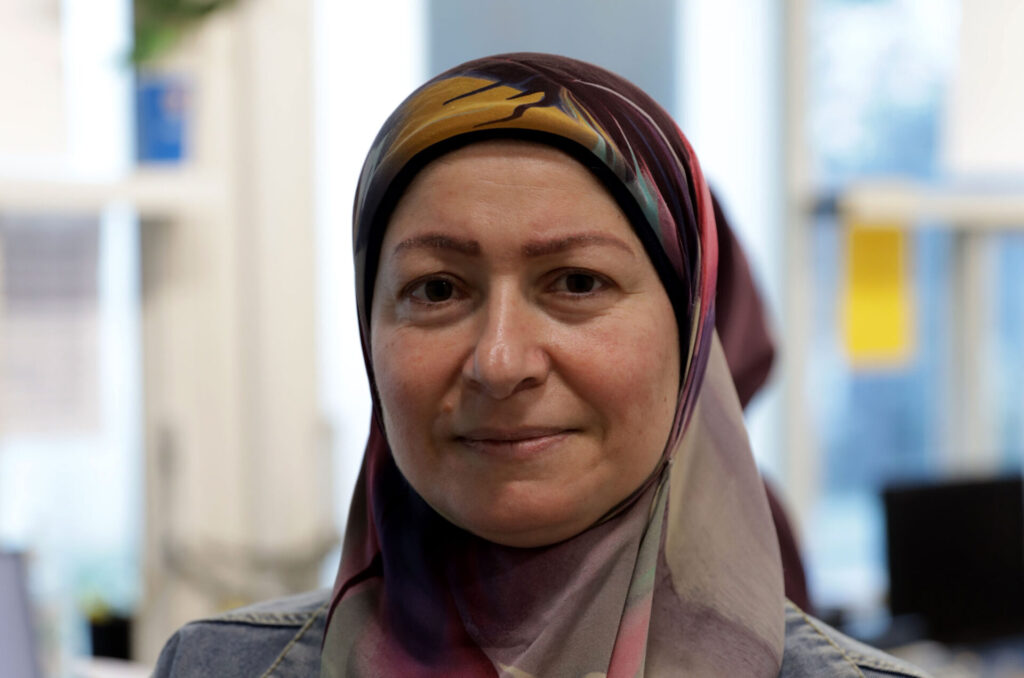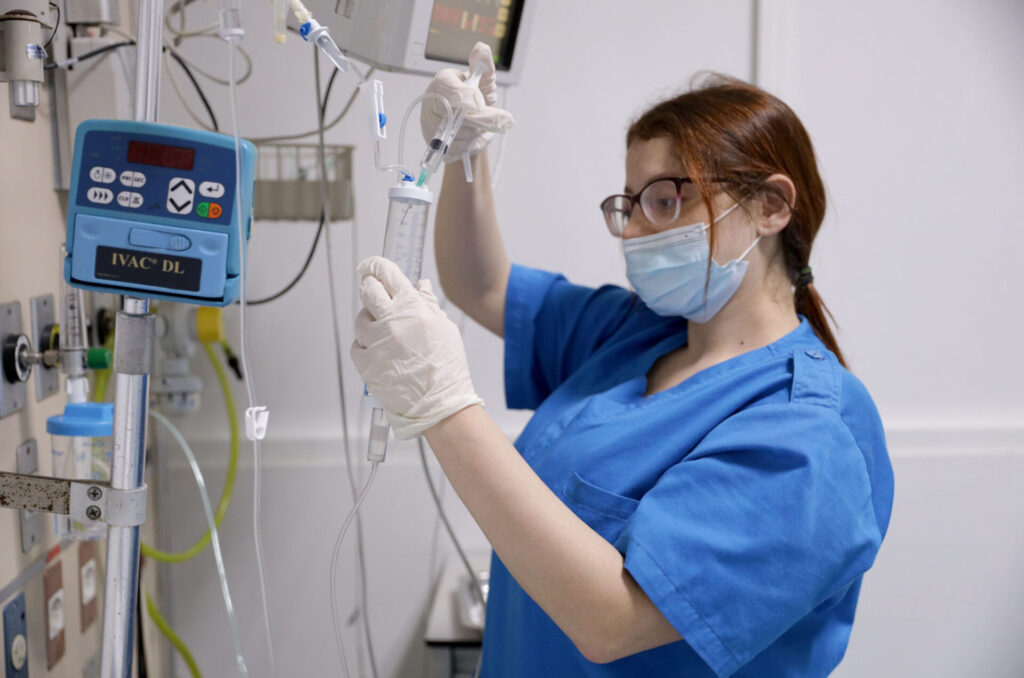May, 2021
Humanitarian medical kits help ensure patients in Lebanon can continue taking the medicines they need
Many medicines and medical supplies have become very difficult to find in Lebanon. Soaring prices put them out of reach. And those who can afford medicines often buy them in large quantities to stock up, given the uncertainty of the country’s economy. Even when patients can find drugs at pharmacies and hospitals, they often need to wait in long lines to get them. It is just one more source of stress for so many residents of Lebanon.
Dr. Jamie Bejjani, a pharmacist at Anera, says she met a cancer patient recently who “couldn’t find his medicine and had to use a different drug to continue treatment. It’s the same story with many patients.”
This disruption of treatments can be quite harmful. For conditions like hypertension, stable long-term medication is crucial to maintaining good health.
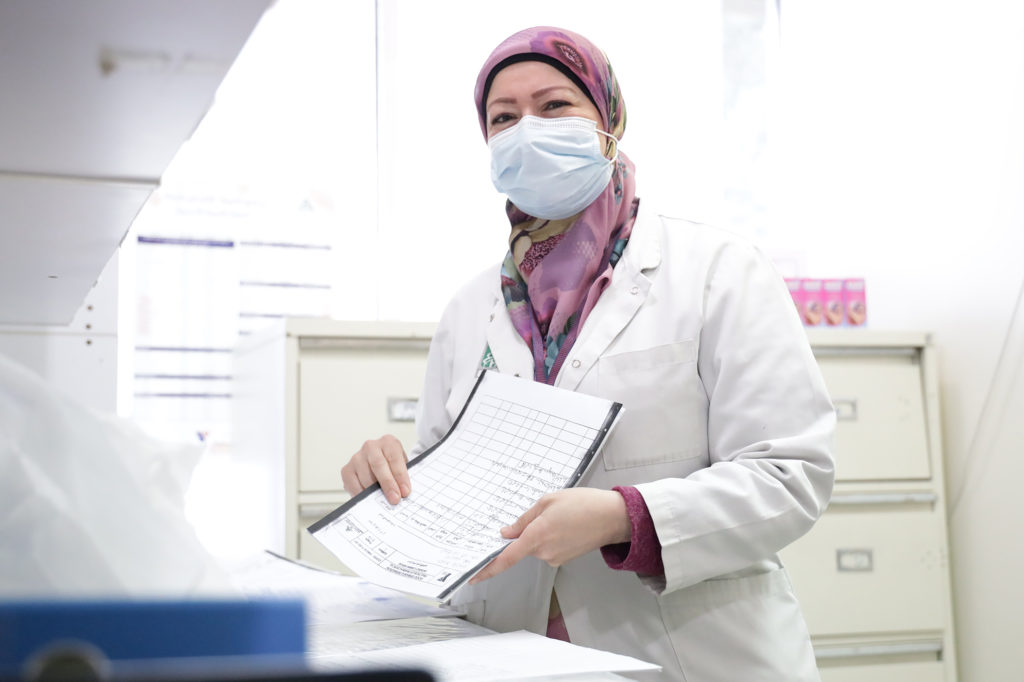

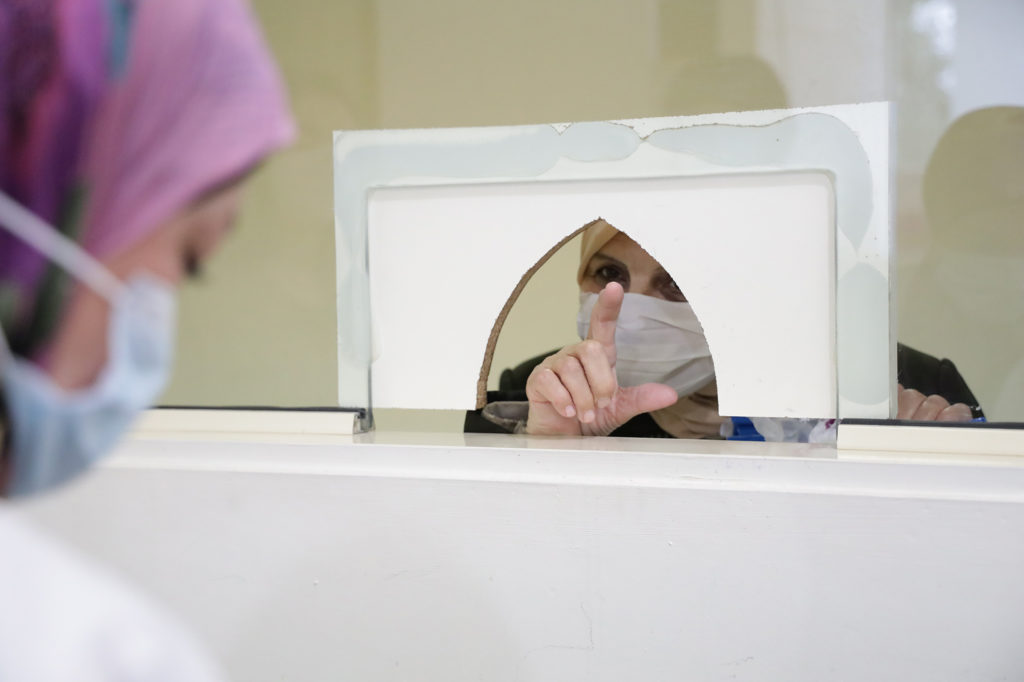

Samya, 67, is a patient at the Rafik Hariri University Hospital — one of the leading public hospitals in Beirut. She says, “Once a month, I walk an hour to the hospital for my medication. I take so many medications, but some of the most vital ones have been hard to find."


"Now I take the medicine every few days so that it lasts me longer. It’s not ideal but I have no choice.”
Doctors have had to prescribe new medications for their patients at irregular intervals, causing treatment disruptions.
Muhammad, 60, is another patient. He says,
“Every month I come to pick up my medicine. But sometimes I can’t find it, and so the doctor gives me something new. It means I have to start the course of treatment over. I have cancer, diabetes, high blood pressure, and cholesterol. Thank God I’m alive.”
Health Partners International of Canada (HPIC) is a charity organization facilitating access to healthcare and medicines among vulnerable communities around the world. It recently donated a shipment of chronic disease medications to Anera for distribution to our local partners in Lebanon.
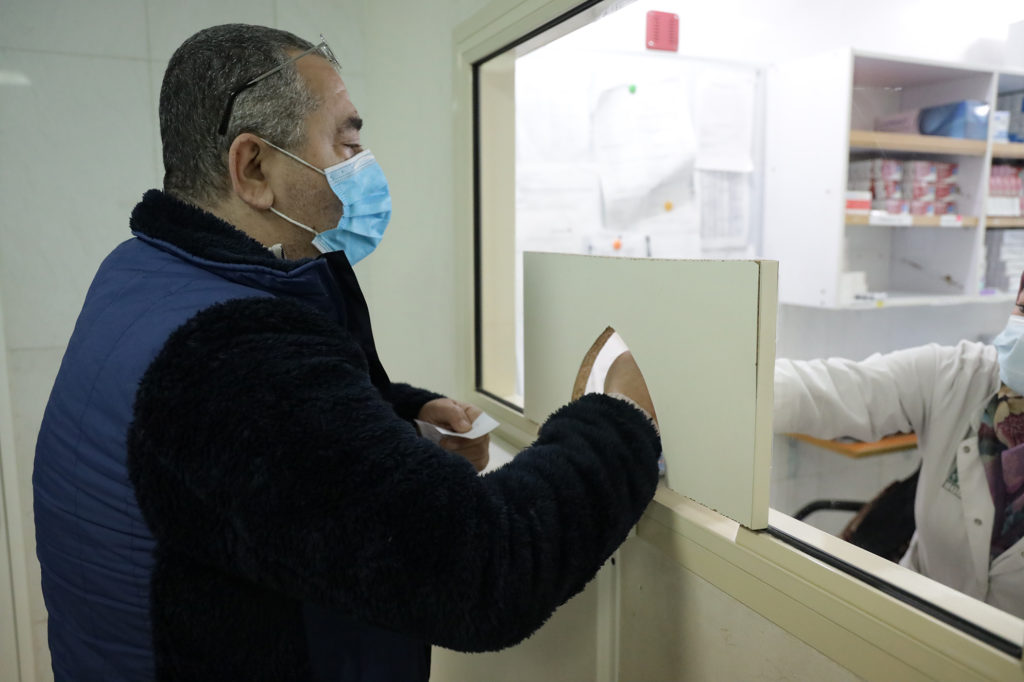

Dr. Imad Shokr, head of pediatrics for COVID-19 patients at Hariri Hospital, says,
“With the speed of the pandemic, we weren’t able to cope. The same goes for other hospitals and even government medical institutions. We simply cannot manage without the help of NGOs — they’ve been our backbone and have helped continuously with medical treatments.”
The HPIC shipment included medications for chronic diseases like gastric reflux and hypertension, as well as medicines for acute conditions.
Anera recently distributed the supplies to Hariri Hospital, enabling the vital public institution to better treat their pediatric and adult patients. This medical aid will allow the patients at this hospital to continue their treatments with reliable access to the medicines preferred by their physicians for at least several months without forcing them to switch to new medications.


“Truthfully, the donation came at the right time, with our supplies depleted. Thank you for helping us treat patients in the most critical conditions,” Shokr says.
Maryana Kharam, a registered nurse and pharmacist at the Hariri Hospital pharmacy, says the donations of medicines and medical supplies from HPIC, Anera and other donors “have helped sustain so many people in terms of physical and mental health.”
The donation covers a wide variety of medicines including esomeprazole for heartburn and indigestion, lisinopril for high blood pressure, and antibiotics for the pediatrics unit. These medicines are helping to improve care and alleviate stress for patients at the hospital.

